SPSS Fellows 2021-2023
Shadi ABU-AYYASH
Media Studies
Assistant Professor
Arab American University
Palestinian Territories
SPSS Project:
Mediatized Representation: Palestinian Online News Framing of China Positions on the Question of Palestine
Shadi Abu-Ayyash's research examines the representation of China and its political position on the Question of Palestine in Palestinian online news media. It does so through looking at how three major news agencies in Palestine (Wafa, Ma’an, and Wattan) have framed China-related news throughout 2020 and 2021, including the Chinese position on [former US President Donald] Trump’s proposed political solution to the conflict, known as the “Deal of the Century” in 2020. It also covers the confrontations in the Sheikh Jarrah neighborhood in Jerusalem and the war on Gaza in 2021.
His work, through the lens of framing in an era of mediatized conflict and mediatized politics, examines how the Palestinian online media presented China in their coverage, through identifying framing elements. Elements of media logic and content framing analysis are employed to understand how mediatized conflict and politics influence media coverage and representations of foreign countries, mainly China.
The results suggest that China-Palestine news is framed in four main topics, namely: Chinese political support, economic support, solidarity with the Palestinian people and mutual cooperation, where highly positive representation of China political positions is found. This is in line with the traditional perception of China among Palestinian political elites and media circles.
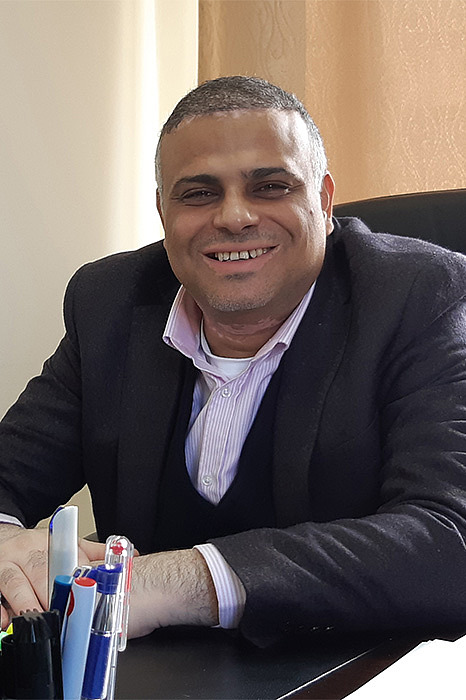
Patience ADZANDE
Urban and Regional Planning
Senior Lecturer
Benue State University, Makurdi
Nigeria
SPSS Project:
Displaced and forgotten? The experiences of internally displaced persons (IDPs) in developing pathways to belonging in Makurdi, Nigeria
In Nigeria, widespread incidences of conflicts are currently producing growing numbers of Internally Displaced Persons (IDPs). Research suggests that more than half of IDPs globally are currently in towns and cities. However, the response to urban IDPs by the government, humanitarian agencies and host communities has generally been poor. How then, do displaced persons in urban communities navigate their vulnerabilities and cope with life in the city, especially in the absence of inclusive policies? Drawing on interviews with IDPs in Makurdi, Central Nigeria, the paper shows that though urban IDPs seem to be invisible or forgotten by the government and humanitarian agencies, they (IDPs) negotiate their entry and integration into urban areas through pre-existing social networks; and create spaces of belonging by positioning themselves as service providers in the city. The adaptation strategies adopted by IDPs are a reflection of their agency, self-reliance and resilience in the absence of inclusive policies for urban IDPs. Overall, this paper contributes to and advances emerging discourses in the literature that focus on rethinking refugee/IDP self-reliance and inclusion in Africa and beyond.

Paula F. AHUMADA
Law
Assistant Professor
Universidad de Chile
Chile
SPSS Project:
The laws of central banking: The case of Chile. An approach from the Law and Political Economy framework
Paula Ahumada's research project explores the history of the laws of central banking in Chile since its creation in 1925, as a case study of the money-power nexus to explain its legal-institutional evolution. Central banks are the institutions in charge of monetary policy. Its organization, functions and role within the state authority and government have evolved over time.
Regardless of the new stage in comparative central banking governance, the Chilean constitutional process is an example of how economic ideologies pervade over time and influence legal imagination. The Constitution of 1980 includes the Central Bank as an autonomous agency insulated from political power. This novel institutional design ended with the longstanding view of inflation as a social and political phenomenon, but more importantly, divided fiscal and monetary policy, delegating the former to an unelected committee of experts. Despite the social revolt of October 2019 denouncing the perils of neoliberal policies, especially the rise of economic and social inequality, there remains a celebratory opinion of the institutional structure of the Central Bank and its policies. In fact, the laws of central banking are the exception to the idea of drafting a new constitutional order away from the neoliberal framework imposed by the dictatorship. The delegation of monetary policies to technocratic unelected officials, the strict insulation from the executive’s economic powers and its mandate of price stability are not subject to relevant scrutiny or contestation.
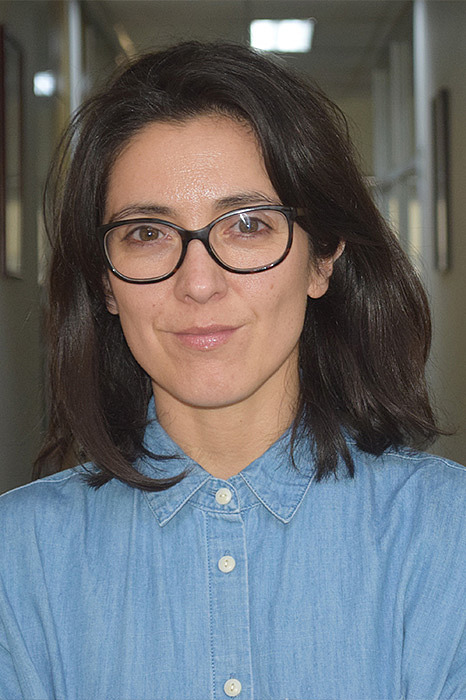
Bader AL-SAIF
History
Assistant Professor
Kuwait University
Kuwait
SPSS Project:
Between Pluralism and Homogeneity: The Management of Religious Diversity in the Arabian Peninsula
CV
The Arabian Peninsula boasts an unequivocal diversity of backgrounds, experiences, and religious traditions. This fluid plurality has been an inherent part of the Arabian Peninsula; however, it was silenced at certain historical junctures when promoting a homogeneous alternative. Bader Al Saif argues that the attitude toward religions in the Arabian Peninsula moved through three stages: a past nonchalant attitude; a modern linkage of emerging nation-states with an exclusive rendition of Islam; and a contemporary vacillating attitude that mixes traces of the more open past with remnants of the modern era’s guarded outlook. The select, ongoing attempts at reconstituting the region as religiously pluralistic today is welcome but of little value absent a systematic cultivation of religious pluralism in critical fields like education, media, law, and civil society. Informed by Subaltern Studies and Marxist thought, pursuing erasure and trivialization methods help decode Arabian Peninsula silences. By surveying different case studies, we shall reassess religious diversity management in the Arabian Peninsula.
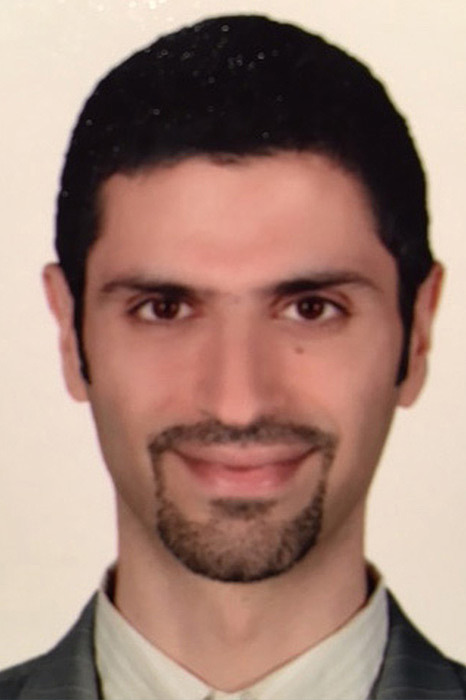
Fernando J. ASTUDILLO
Environmental Archaeology
Assistant Professor
Universidad San Francisco de Quito
Ecuador
SPSS Project:
Environmental Archaeology of the Galápagos Islands
Fernando Astudillo combines Environmental Archaeology and Historical Ecology to investigate the recent past. His career focus is the exploration of past interactions between humans, landscape, and the environment with an interdisciplinary research framework that combines Eco-anthropology, historical ecology, ethnobotany, archaeology, and environmental history. He has applied this research framework to understand the impacts of colonialism ontropical ecosystems and ecological frontiers since colonial times. His research is based in the examination of the preserved botanical evidence on archaeological and historical sites of Ecuador.
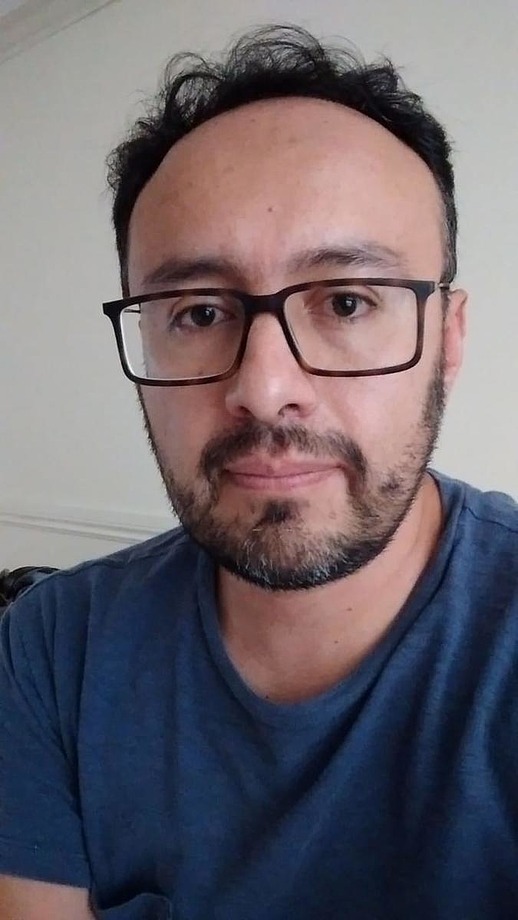
Fernando BRANCOLI
Political Science
Associate Professor
Universidade Federal de Rio de Janeiro
Brazil
SPSS Project:
Global Far Right and the rise of Bolsonarismo in Brazil
Fernando Brancoli's research proposal sets out to investigate the international dimensions of contemporary Latin American far-right politics, which have gained a momentum since the presidential election of Jair Messias Bolsonaro in Brazil, Mauricio Macri in Argentina and Lenin Moreno in Ecuador, just to quote some examples. His aim is to probe on how the systemic constraints of the neoliberal crisis have affected recent developments in Brazilian politics, allowing for the electoral takeover of a far-right party coalition.To this end he proposes a historical sociological analysis by investigating three international vectors constituting the LatinAmerica case: 1) political economy, 2) geopolitics, and 3) the politics of enmity.
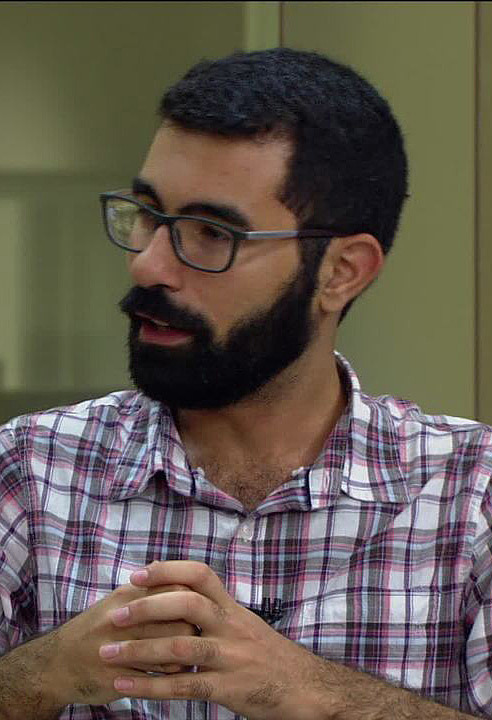
Hannah J. DAWSON
Anthropology
Senior Researcher
University of the Witwatersrand
South Africa
SPSS Project:
Wageless life: youth, work, and politics in urban South Africa
Hannah Dawson's book project examines how mass joblessness is engendering new forms of social, economic and political life in South Africa and beyond. Drawing upon 14 months of ethnographic fieldwork in an informal settlement on the outskirts of Johannesburg, her book examines the everyday economic and social lives of unemployed youth in South Africa, a country where two-thirds of young people are without work. By documenting every-day moments in young men’s livelihoods, social relations and political struggles, the book adds both empirical and theoretical novelty to the existing literature, and forges new ground in terms of how we think about the relationship between wage work, citizenship and the social order.
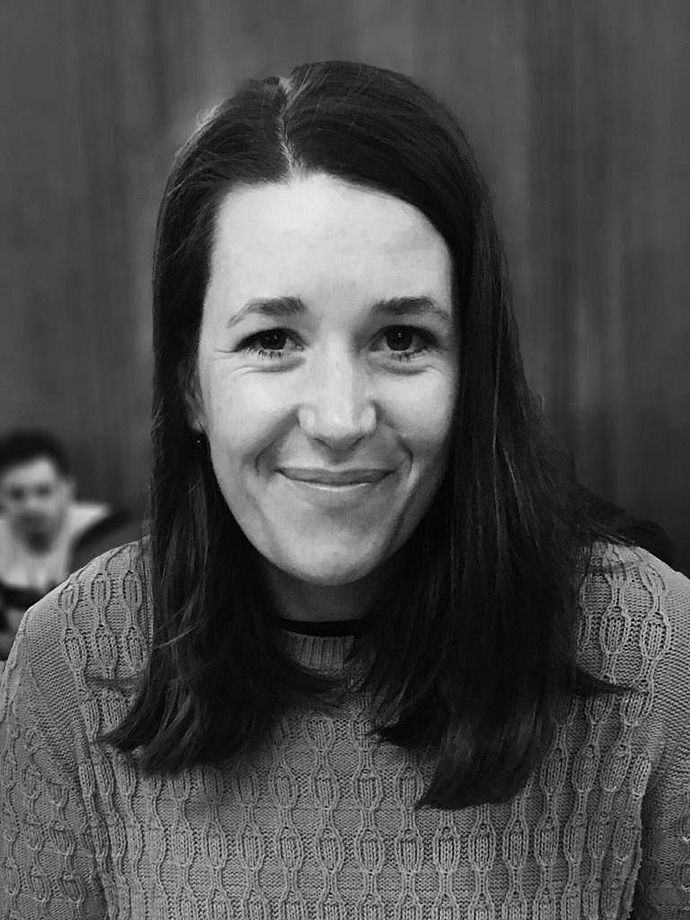
Gustavo DIAS
Sociology
Associate Professor
Universidade Estadual de Montes Claros
Brazil
SPSS Project
“No matter how hard you try, you can’t stop us now”: Brazilians and migration routes to the First World after the 09/11
Gustavo Dias's project examines the effects of Brazil’s recent economic growth and the narrowing of the inequality gap on the second Brazilian migration wave to the global North over the last two decades. He further explores how the opening up of the Brazilian economy to international capital flow, and the implementation of social programs followed by the enlargement of its domestic consumer market, helps to explain the current increase and diversification of Brazilians abroad in the late 1990s and early 2000s.
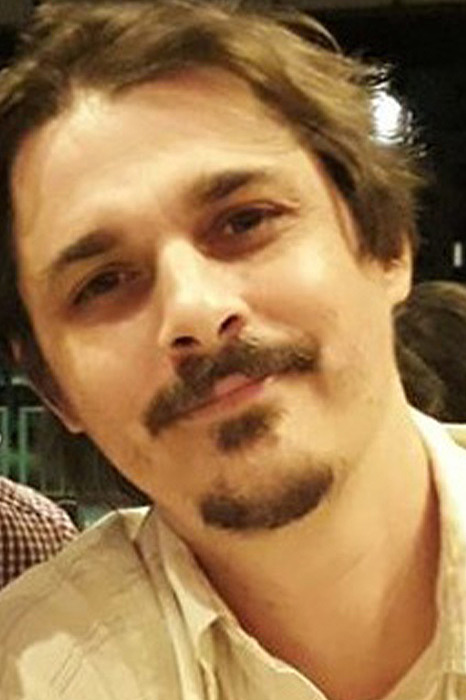
Karina FELITTI
Gender Studies and Religion
Researcher
National Scientific and Technical Research Council Argentina (CONICET)
Argentina
SPSS Project:
Spirituality, gender and politics in contemporary Argentina
Karina Felitti's project explores the relationship between women´s spirituality and feminisms in contemporary Argentina, in connection to secularisation and sexual politics. She focuses on the history of the New Age movement in Argentina since the 80s, investigating women's experiences in terms of sexual and reproductive rights, bodily knowledge, empowerment and wellness.
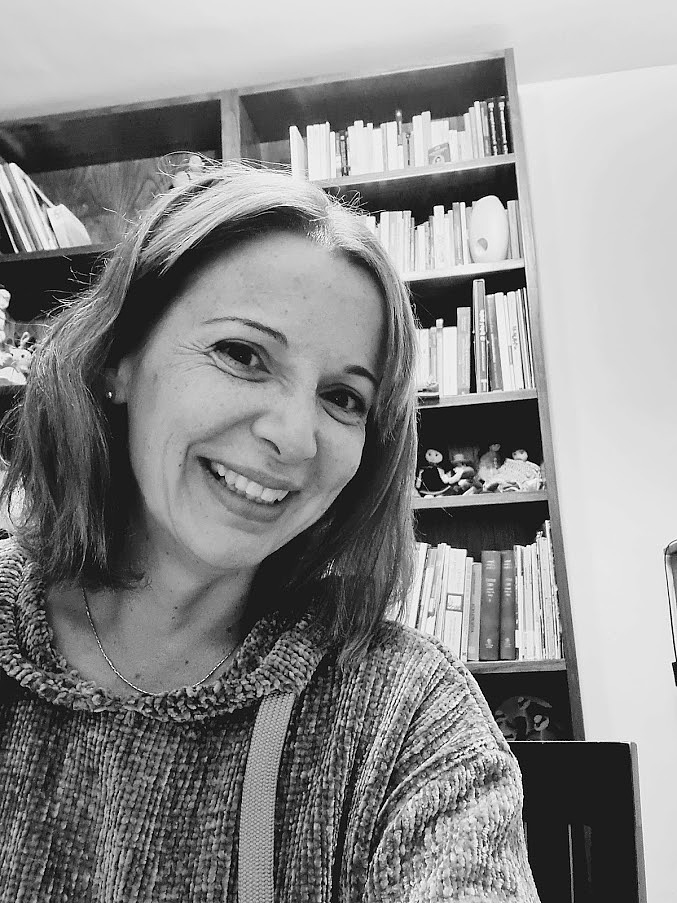
Isadora FRANÇA
Anthropology
Associate Professor
University of Campinas
Brazil
SPSS Project:
The integration of LGBTI refugees in Brazil: sexual democracies in the South, processes of racialization, and shared precarities
Since 2002, international agencies have officially affirmed the relevance of the recognition of refugee status to applicants based on sexual orientation and gender identity. Isadora França’s project is based on research carried out in two distinct national contexts (Brazil and Spain) on the emergence of the category of "LGBTI refugees" and proposes to deepen understanding on: a) the implications of this category in terms of the relationship between violence, nation and subjects and b) the possible agency by immigrants and refugees who are interpellated by the category of "LGBTI refugees" given the precarious conditions they face. The general objective is to work on these two fronts, based on a review of literature on the subject in the Social Sciences and related areas, on the ethnographic material already produced in previous research and on ongoing field research in Brazil.
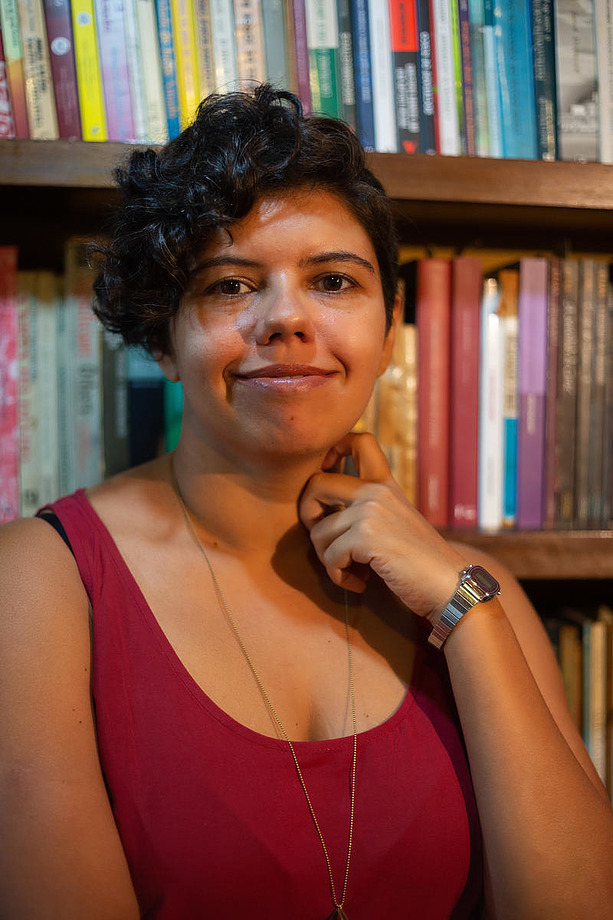
Raquel GUIMARAES
Demography
Assistant Professor
Universidade Federal do Paraná
Brazil
SPSS Project:
Gender asymmetry in perceptions involving large-scale infrastructure projects in the Brazilian Amazon
Raquel Guimaraes investigates how discourses and social representations related to the construction of a hydroelectric plant and a dam in the Amazonian municipality of Machadinho differ across gender groups living in urban and rural areas, as well as in the area directly affected by the dam (the village of Tabajara). She analyzes interviews conducted in Machadinho in 2015 through descriptive statistics, the Technique of Free Association of Words, content analysis of semi-structured interviews, and social network analysis. She wants to test how latent conflicts and perceptions are reflected in a gendered-heterogeneous population in terms of expectations on costs and benefits of the dam, not only for their community but also for the environment.

Victor M. GWANDE
Economic History
Postdoctoral Research Fellow
University of the Free State
South Africa
SPSS Project:
The Political Economy of American Businesses in British Central Africa, 1953-1963
This study accounts for the role of American businesses in decolonisation during the short-lived Federation of Rhodesia and Nyasaland (present-day Zimbabwe, Zambia and Malawi) between 1953 and 1963. American capital and businesses entered Central Africa at a complex period in the region, Africa and the world. Internationally, there had emerged a bi-polar world of capitalism fronted by the United States of America and Western Europe, pitting it against communism championed by the Soviet Union in the post-Second World War era. Competing to extend their respective ideologies, the two blocks became interested in Central Africa. Under threat from emerging African nationalism, white minority regimes in the region looked to either western countries or capital to support their stay in power. At the same time, African nationalists turned to the communist world and ‘friendly’ businesses for political and financial support, respectively, to wage their fight against colonial rule. By tracing American business investments in the Federation, I reflect on three broad themes; Federation-US economic relations, business and decolonisation, and international politics or relations. Furthermore, focusing on the Federation engages with debates about Britain’s retreat from empire, especially its Africa policy on decolonisation. It argues that American business and government’s role in decolonisation was contradictory and played out differently between Northern and Southern Rhodesia.
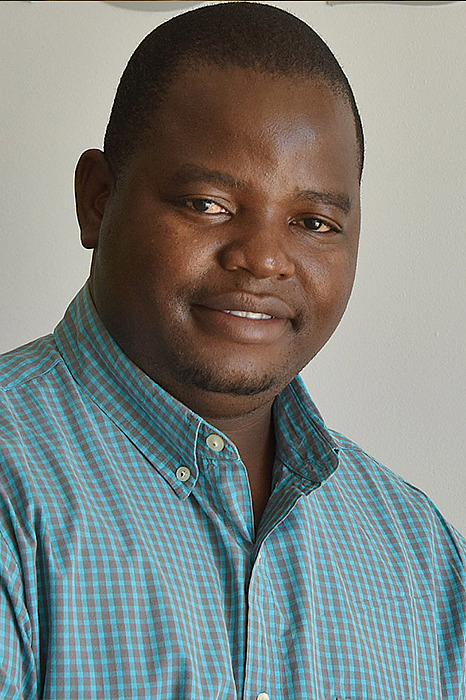
Weeam S. HAMMOUDEH
Sociology
Assistant Professor
Birzeit University
Palestinian Territories
SPSS Project:
The Mental Health Impact of Multiple Deprivations Under Protracted Conflict: the Case of the Occupied Palestinian Territory
Weeam Hammoudeh's study builds on exploratory research which has focused on one area that has been especially impacted by territorial fragmentation, enclavization, and mobility restrictions, the Northwest Jerusalem enclave, to examine the effects of the interplay between exposure to prolonged political violence, mobility restrictions, reconfiguration (and disfiguration) of space, and fragmentation of social life, livelihoods, and health. Building on ongoing in the Northwest Jerusalem enclave, in this project, the attention is turned towards the everyday agents residing in the Northwest Jerusalem enclave in order to understand how everyday people endure, adapt, transform, and resist in a settle-colonial context. What forms of agency and subjectivity are produced and reproduced by people in their everyday lives? How do people view themselves in relation to their context? How do they navigate their life-worlds? What modes of endurance, adaptation, and resistance are used in the every day?
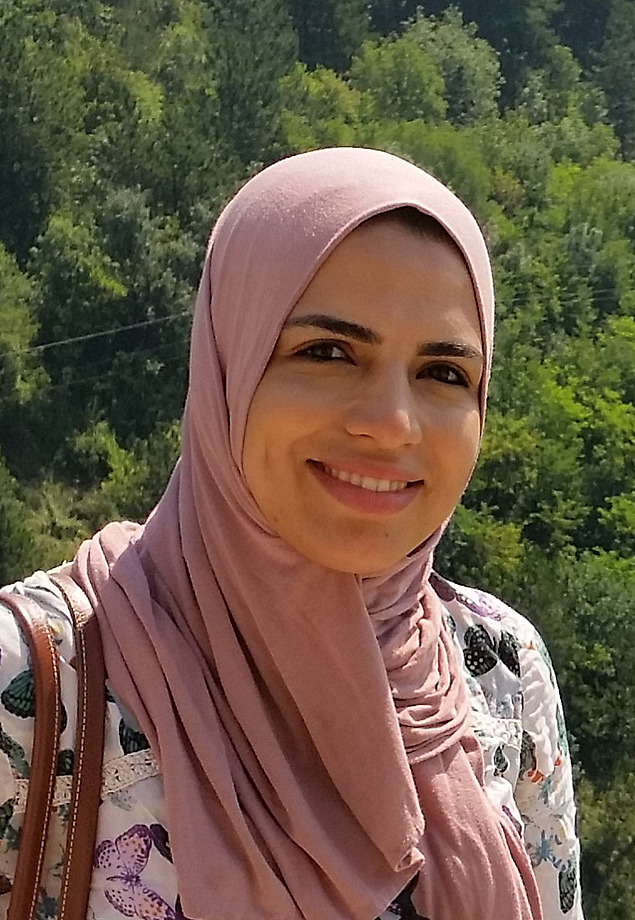
Nkatha KABIRA
Law
Senior Lecturer
University of Nairobi
Kenya
SPSS Project:
“The pumpkin must not be uprooted...” The Akiwumi Commission and the
Limits of Legal Formalism
Nkatha Kabira's research project examines how Commissions came to occupy a central place in law and governance in Africa. The purpose of this work is to explore the role of Commissions, interrogate existing Commission discourses, examine the power of Commissions and their place in law and governance, investigate the global developments of their legal and socio-political dimensions, a process that involves a holistic transdisciplinary approach that probes and unpacks Commissions in their complexity.

Laura LÓPEZ GALLEGO
Psychology
Associate Professor
Universidad de la República
Uruguay
SPSS Project:
Ethical challenges of state ethnographies in Uruguayan facilities for adolescents in the penal system
In this paper, Laura López (together with Cecilia Montes Maldonado) addresses the challenges to ethnographically-oriented qualitative research in Uruguayan state facilities for adolescents. Based on two qualitative studies, we examine the relevance of conducting research in enclosed institutions that involve managing the daily lives of adolescents within a state penal framework. Several methodological challenges and questions arise regarding the different dimensions of institutional access, transit, and permanence; the rapport and communication with research participants and key institutional actors, as well as the writing and dissemination of the results of this type of research. We discuss the possibilities and obstacles that qualitative methodologies offer to carry out state ethnographies and the importance of these studies to show the living conditions of adolescents living in these institutions linked to the juvenile penal system. In the conclusion, we reflect on the ethical dimensions of research. We wonder about the ethical and political relevance of the knowledge produced, considering that public information about some affected groups does not necessarily translate into an improvement of their living conditions
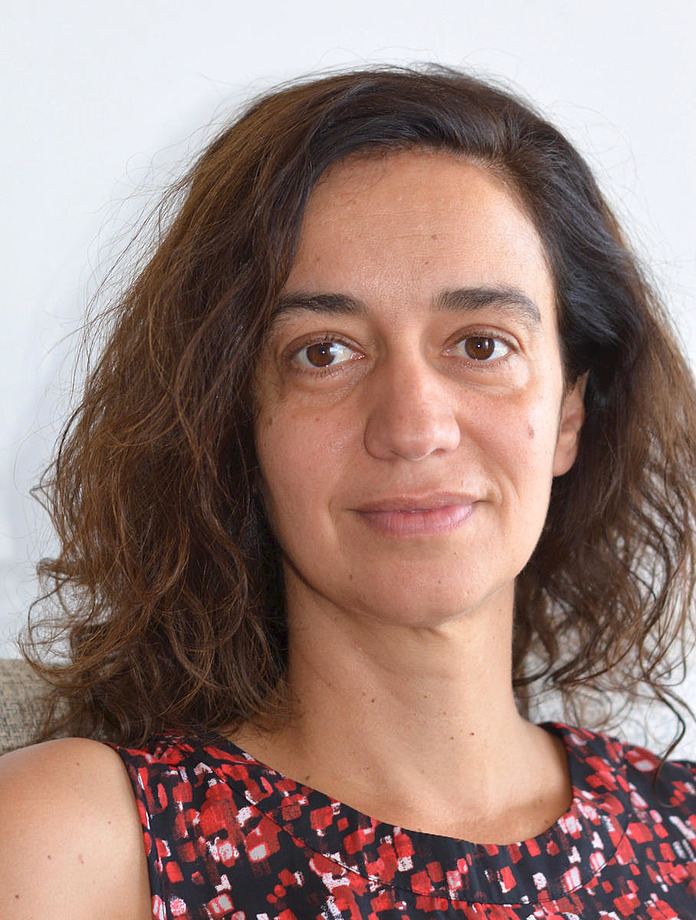
Oscar Javier MALDONADO CASTAÑEDA
Sociology
Assistant Professor
Universidad del Rosario
Colombia
SPSS Project:
Hope, anxiety, and fear. Exploring popular resistances to vaccination in Contemporary Colombia, from HPV to COVID19
Oscar Maldonado's paper explores narrative configurations from medical authorities and experts, and communities and citizens around the emergence of resistance and opposition to vaccination in Colombia in the last ten years. I analyse the consequences of the introduction of HPV (Human Papillomavirus) vaccines in Colombia (2012) and the public discussion on adverse effects between the Colombian State, communities and medical experts that surged in the following years and the afterwards increasing opposition to this vaccine, particularly in the periphery of Colombia, and following the development of representation of distrust to vaccination until the recent discussions around vaccine hesitancy and opposition to COVID19 vaccines.
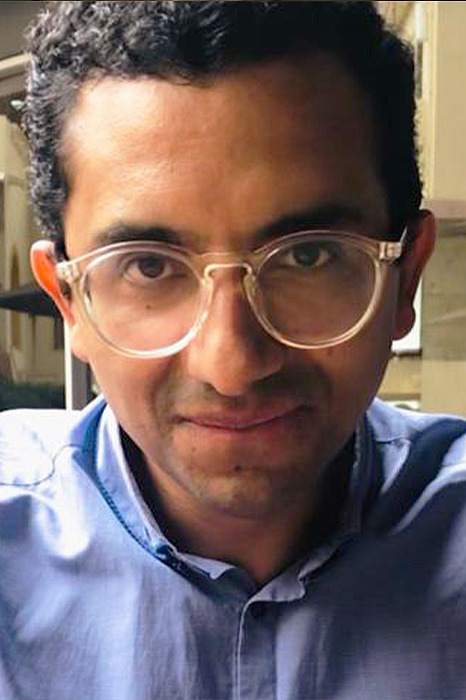
Marcelo Moura MELLO
Anthropology
Assistant Professor
Universidade Federal da Bahia
Brazil
SPSS Project
The neem and the cane. Humans, more-than-humans, and plant entanglements in Guyana
Marcelo Moura Mello's research project approaches forms of historical knowledge mediated by the presence of spirits in the lives of coastal residents of Guyana, by focusing on the relations between Indo-Guyanese and Dutch spirits inthe context of the worship of the Hindu goddess Kali. Spirits of the country’s first colonizers' countries are taken as instances of production, creation and circulation of historical knowledge and, more specifically, of histories of violence connected to Guyana’s colonial past. In becoming part of the biographies of humans, spirits carry with them the density of past events and introduce uncertain implications into the relations between the living and the dead throughout time.
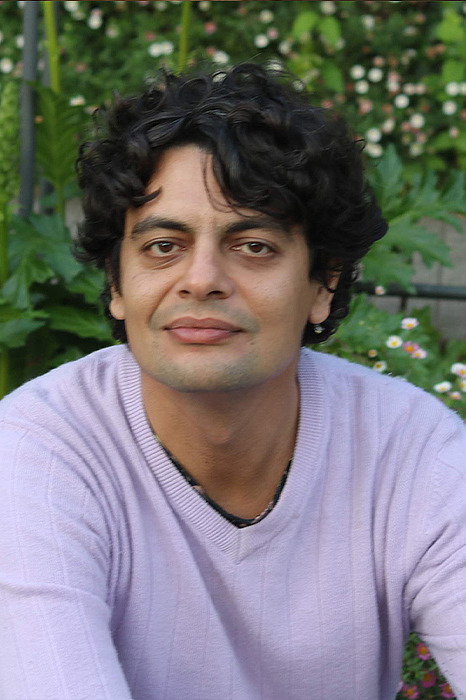
Aziza MONEER
Environmental Politics
Postdoctoral Fellow
The American University in Cairo
Egypt
SPSS Project
Environmental Activism in Post-Arab Uprisings: Insights and Reflections
Aziza Moneer's study follows the trajectory of a number of environmental movements that erupted in the Arab region in the wake of the Arab Spring. She investigates the different frames that were developed around these environmental mobilizations. She also focuses on these environmental movements as sites of knowledge production particularly in relation to human-nature interactions and how people in the global South perceive and relate to nature.

Khaled SHEYKHOLESLAMI
Political Science
Associate Professor
The Lebanese French University
Iraq
SPSS Project:
Western philosophy's reception in contemporary Iran: the case of Hegel's philosophy and the emergence of a new rightist discourse
As a chapter from an early draft of a book, Khaled Sheykholeslami's paper explores the reception of Western philosophy in contemporary Iran, focusing on Hegel's philosophy. Firstly, it will engage with the post-colonial literature on the circulation and translation of texts between Western and non-Western communities. Through an analysis of Hegel, the author attempts to explain how Western philosophy is understood and narrated in a non-Western context. A discussion will follow on how Hegel's ideas were used by a far-right discourse to legitimize its narratives of history and politics.
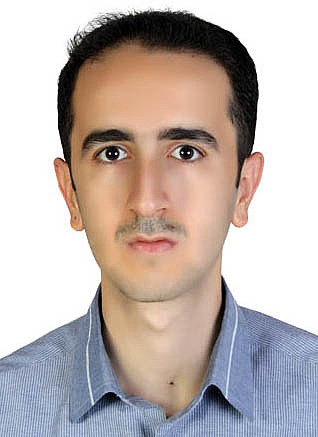
Jean G. TOMPIHÉ
Political Science
Assistant Professor
International University of Grand Bassam
Côte d’Ivoire
SSS Project:
Which Way Africa 2050: the next Economic Eldorado or the Island of Global Security Threat?
With the anticipated doubling population, from 1.2 to 2.5 billion by 2050, this game-changer is positioning Africa as the second-fastest growing economy, just behind Asia. Its unmatchable demographic dividend forecasts it the next economic Eldorado. Yet, in the absence of institutions strengthening rule of law governance, the reverse side of that doubling population exhibits instead a ticking time bomb. Laying emphasis on the theoretical institutionalization of public administration structures, and relatedly the failure of rule of law governance, Jean Tompihé identifies three plausible scenarios: A Top Tier Africa, performing well and likely to remain successful as far as nation-state building; a Middle Tier Africa that has embarked on public administration reforms, and thus able to consolidate its fragile peaceful social cohesion; and Bottom-Majority Africa, still characterized by inefficient administration and gross instability-related group rivalries that are most likely to be exacerbated by the doubling population. He shows that Africa’s future is hanging in that Bottom-Majority and thus considers possible relations involving the continent’s globalized neighbors and various international institutions to reinvigorate state administration based on a coherent set of rules.
